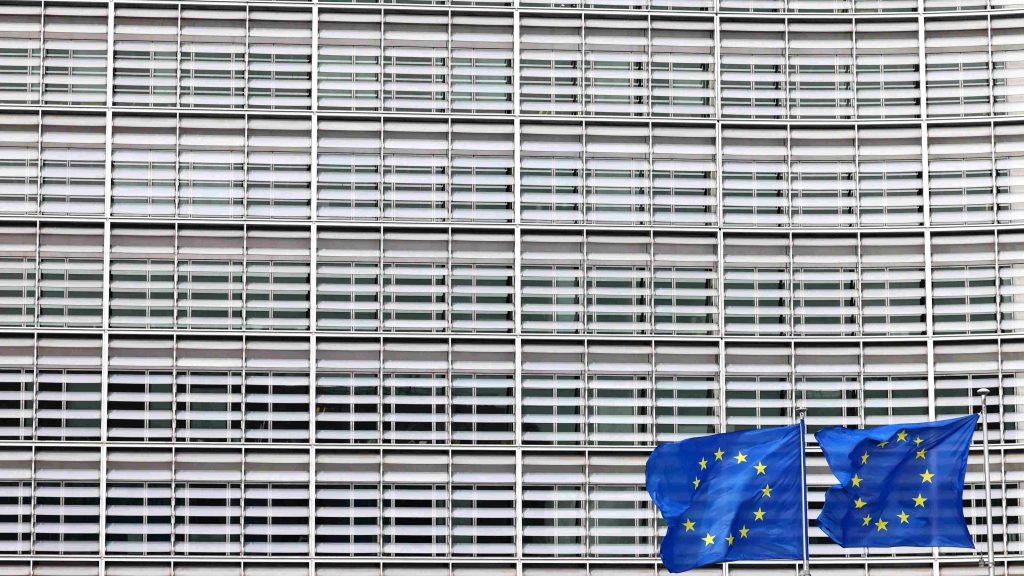
The European Union has agreed to allow retaliation against countries that put undue economic pressure on EU members to change their policies, such as the trade restrictions the bloc says China has imposed on Lithuania.
Representatives of the European Parliament and the Council, the grouping of EU countries, reached a provisional deal on the anti-coercion instrument (ACI) early on Tuesday.
The proposal is designed to counter a spillover of geopolitical tensions into trade. EU members have accused the administration of former U.S. President Donald Trump and China of using trade as a political tool.
A prominent recent case involves Chinese trade practices against Lithuania, after the latter allowed Taiwan to set up a de facto embassy there. The EU says Beijing imposed blocks on Lithuanian exports and pressured companies to remove Lithuanian content from supply chains when exporting to China.
The EU is challenging China at the World Trade Organization over the issue, but WTO cases typically take well over a year to resolve. Beijing has said accusations that it is targeting Lithuania are “pure fabrication”.
Under the ACI, EU governments would vote on whether a third country’s economic measure amounted to coercion.
If dialogue failed, the bloc could impose restrictions, such as higher import tariffs or limited access to EU public tenders. The entire process would take up to one year, although the threat of retaliation is designed to serve as a deterrent.
The legislation should take effect in the second half of 2023 and is envisaged to apply to new instances of economic coercion, rather than existing cases such as that involving Lithuania.
Some EU countries had been sceptical about the measure over concerns it could be protectionist and spark trade wars.
BRUSSELS (Reuters)
Inside Telecom provides you with an extensive list of content covering all aspects of the Tech industry. Keep an eye on our News section to stay informed and updated with our daily articles.